
What do you see as the number-one issue facing young professionals in chemical engineering today?
President Elect

To me, the key issue and challenge is to develop critical thinking skills. In this context, "critical" means the ability to sort through a lot of (possibly conflicting) information and develop a rational, realistic model of the problem at hand. We are bombarded with information. We need to be able to translate this into knowledge and understanding. We also need to make sure we are dealing with the right problem at the right time. Engineering education and training is geared to solving well-defined, closed-solution problems that designed to teach a specific capability. In real-life, the primary issue is identifying the real problem, and working with a wide range of interdisciplinary stakeholders deploying the right tools to solve it. The need for critical thinking skills is more important than ever because deadlines are tighter and demands are greater. Developing these skills represent a major challenge for new professionals because they have less time to establish themselves, fewer experienced people to mentor and coach them, and an environment that may not support open and civil debate. Participation in the AIChE can promote development of critical thinking skills in a low-risk environment.
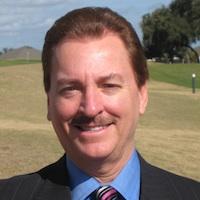
I see the number-one issue facing young professionals in chemical engineering today is the rapid pace of global change. Our profession is rapidly changing with the global economy and new technologies requiring young professionals to commit to lifelong learning and continual reinvention of their careers. It will be rare for the young professional to spend 30 years at the same organization like many of us "baby boomers" did. Change is the new normal and young professionals will need to rapidly adapt and embrace change as part of their career management plan. AIChE is a great resource for lifelong learning and serves as a great catalyst for networking and developing relationships with a broad spectrum of chemical engineers.
Treasurer
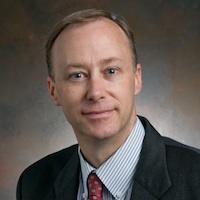
In my opinion, one of the most difficult things is to find a rewarding job that inspires you to want to come to work and allows you to make a lasting impact on your family, community, and company. An example of this was my first job which was with DuPont. The project I was assigned to was the first of its kind in the U.S.--a plant designed to clean up 30 million gallons of highly radioactive waste. My actual day-to-day tasks were not very inspiring (actually, mind numbing would be a better choice of words). However, both my father and father-in-law gave me some fairly typical advice saying, "keep working...it will get better." While my first job definitely had a lasting impact on my family, community, and profession (we eventually started up the facility and the plant is successfully treating radioactive waste by immobilizing it into glass), I subsequently investigated getting an MBA or a Master's degree in computer engineering. However rather than get my MBA, I chose to remain at the nuclear waste plant and pressed my superiors for more inspiring work. Part of the reason I chose not to pursue an MBA or a computer engineering degree was because I was inspired by what I was doing and the impact I was having within the chemical engineering field. I knew our country and the nuclear industry required a solution to this challenge of disposing of highly radioactive waste. I was making a lasting impact on society and making the world a cleaner place for my children.
Director
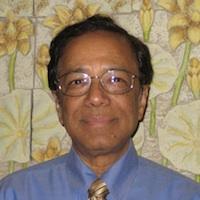
The job areas have changed dramatically over the years. Mentoring of young professionals in the early stage of career and providing advanced opportunities are important issues. All divisions of AIChE should actively involve YPs through committee assignments and elections to important positions.
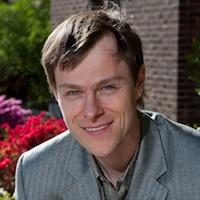
The identity of "chemical engineering," as the profession increasingly needs to address highly complex, multi-dimensional, multi-disciplinary problems that require a great breadth of skills without loosing track of fundamental, technical depth. Chemical engineers need to be technically strong, but also require knowledge of policy issues, the socio-economical context, carry environmental responsibility, and need to have excellent communication skills. Not an easy mix, but chemical engineers are excellent problem solvers!
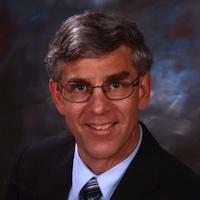
I think your biggest issue is replacing the ChEs that are ready to retire. You are bright, well trained and ambitious. But you don't have the depth of knowledge that your peers, who may have worked in the same plant or with the same process for decades, have developed throughout their career. Learn all you can from them before they retire and move away. They have helped solve problems you don't even know existed. But once they leave, you will be responsible for solving these problems without these fountains of knowledge. So make friends with the crusty engineers who have the experience you need. Ask them to explain things to you, they love to talk about chemistry and processing and are good at answering questions. Offer to show them how to use some of the new tools you've learned in school that they might not be used to using. And try not to look at your smart phone while you're talking to them.
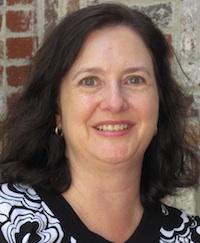
Lifelong learning has always been important for professional engineers, but technological changes have made this a more critical skill in recent years. With emerging fields, young engineers can quickly become the expert in a field. It isn't adequate to just become the most knowledgeable if you cannot communicate well. Developing interpersonal and management skills must happen more quickly when you become the expert at a young age! Some engineers are fortunate enough to work for large corporations that can provide opportunities for working on the soft skills, but for others it is very helpful to have resources such as AIChE provides at meetings and in e-learning opportunities.
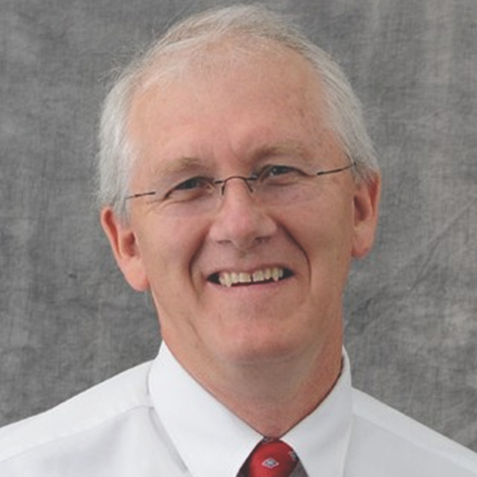
Time is the number-one issue for young professionals. There are so many things that compete for your time. As a professional you have to chose only those things that bring satisfaction to you while advancing your chosen career as a chemical engineer. As I stated earlier, the AIChE is your professional organization and is here to help you network and expand your career experience.
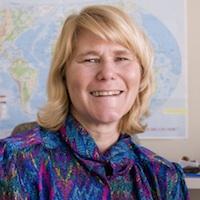
Where did the time go? Finding a job where a person can launch their career is a priority problem for those that graduate without a job. We've been suffering from an incredibly weak job market for the past several years. Many employers want engineers with experience - what's a new graduate to do? Fortunately, this angst disappears once they become employed. A recurring complaint I hear from students and professionals is lack of confidence. It's not uncommon to graduate uncertain on if and how to use their new found talents. Occasionally this problem persists with their first job, especially when co-workers are older and are not approachable. A person's confidence also takes a hit if they lose their job. Finding a new job with a chance to grow professionally and contribute builds a person's confidence (back). The number-one issue facing young professionals is how to navigate a work-life balance. There is a lot to learn whenever you start a new job or new project, especially early in one's career. We get excited by what we're working on and want to take on a larger role, make a bigger difference. These and other drivers compel us to spend more time at work. But we need to carve out time for a life. I recently talked to a YP that postponed having kids because of work demands until she realized that this was not going to change automatically. Our spouse and family need us and we need them. Couple that with volunteering and hobbies, YPs are easily over-scheduled. Levi Thompson
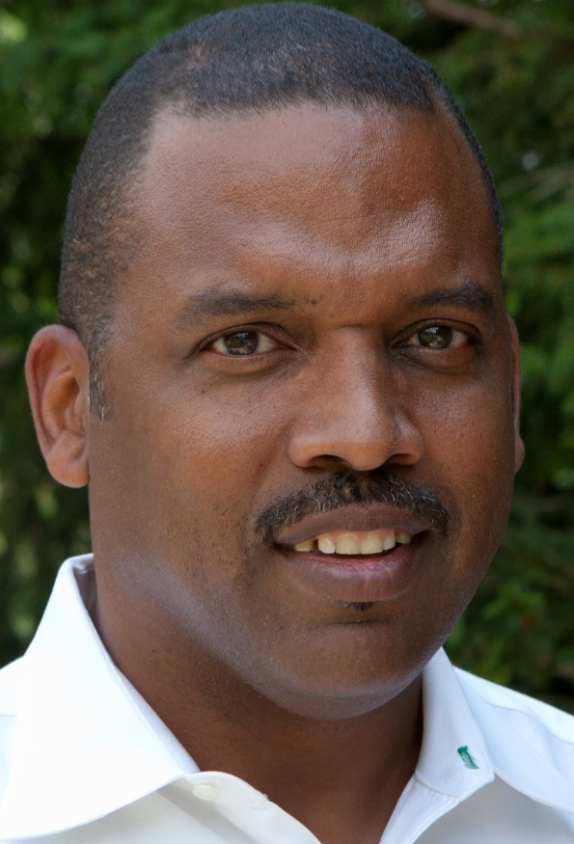
The number-one issue that I hear from young professionals that I talk with is deciding on a career path that they feel will be satisfying and impactful. In that context, young professionals are faced with a number of questions including: should I continue working or pursue an additional degree as part of a strategy to advance my career, if I pursue an additional degree should it be in a technology or business area, and should I consider opportunities abroad, and if so when? These are difficult questions for which there are no easy answers. I always encourage them to take advantage of available career development and continuing education opportunities and seek out the advice of others. As AIChE members, you have access to a substantial variety of career development and educational resources. In addition, attendance at local, regional and national meetings will provide you with opportunities to network with other professionals, including AIChE Fellows and officers.
Stay tuned for the responses to upcoming questions. See more about candidates' backgrounds here.


